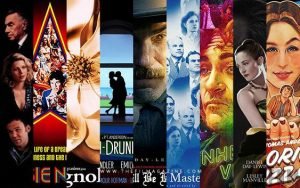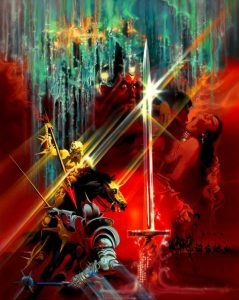The Genius and Tragedy of Rainer Werner Fassbinder: A Cinematic Legend
Rainer Werner Fassbinder was a German film director, producer, and screenwriter who left an indelible mark on the world of cinema. Known for his provocative and controversial films, Fassbinder’s work pushed the boundaries of artistic expression and challenged societal norms. Although his career was tragically cut short by his untimely death at the age of 37, Fassbinder left behind a filmography that continues to inspire and captivate audiences to this day. In this article, we will delve into the genius and tragedy of Rainer Werner Fassbinder and explore some of his most significant works.
Rainer Werner Fassbinder was a German film director, producer, and screenwriter who left an indelible mark on the world of cinema. Known for his provocative and controversial films, Fassbinder’s work pushed the boundaries of artistic expression and challenged societal norms. Although his career was tragically cut short by his untimely death at the age of 37, Fassbinder left behind a filmography that continues to inspire and captivate audiences to this day. In this article, we will delve into the genius and tragedy of Rainer Werner Fassbinder and explore some of his most significant works.
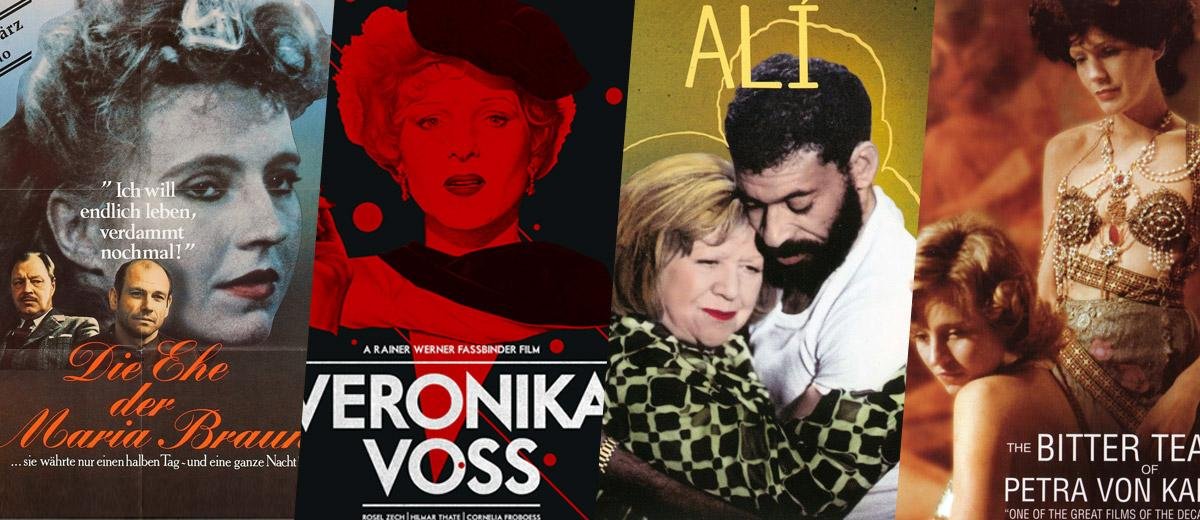
Introduction to Rainer Werner Fassbinder and his impact on German cinema
If you are a cinephile or a film student, you have probably heard of Rainer Werner Fassbinder, the iconoclastic and prolific German filmmaker of the 70s. Fassbinder’s impact on German cinema is immeasurable: he made 40 feature films, two television series, and several plays in a career that lasted less than fifteen years. He was known for his raw, transgressive, and politically charged films that dealt with themes like sexuality, power, and societal norms. Fassbinder was also a master of mise-en-scène, and his films were characterized by intricate camera movements, unusual framing, and striking color schemes. Whether you are a die-hard fan or a newcomer to his work, delving into Fassbinder’s filmography is an unforgettable experience.
Overview of Fassbinder’s filmography, including his most well-known films
Rainer Werner Fassbinder was a prolific German filmmaker who left a significant mark on cinema during the 1970s and 1980s. He directed over 40 films and wrote many more during his short but intense career. Fassbinder’s films often explored themes of love, power, and oppression, and were characterized by their raw intensity and social commentary. Some of his most well-known films include “The Marriage of Maria Braun,” “Ali: Fear Eats the Soul,” and “Berlin Alexanderplatz.” Fassbinder’s work continues to inspire and influence filmmakers today, making him a significant figure in the history of cinema.
Themes present in Fassbinder’s films, such as love, power dynamics, and societal critiques
Rainer Werner Fassbinder’s filmography is known for its distinct themes, which include love, power dynamics, and societal critiques. Fassbinder’s approach to love in his films is often complex and multifaceted, with characters exploring different forms of love, from romantic to platonic. The power dynamics in his films are often depicted as oppressive, with characters struggling to assert their agency against systems of authority. Fassbinder’s societal critiques are also a recurring theme, as his films often shine a light on the social and political issues of his time, such as racism, sexism, and homophobia.
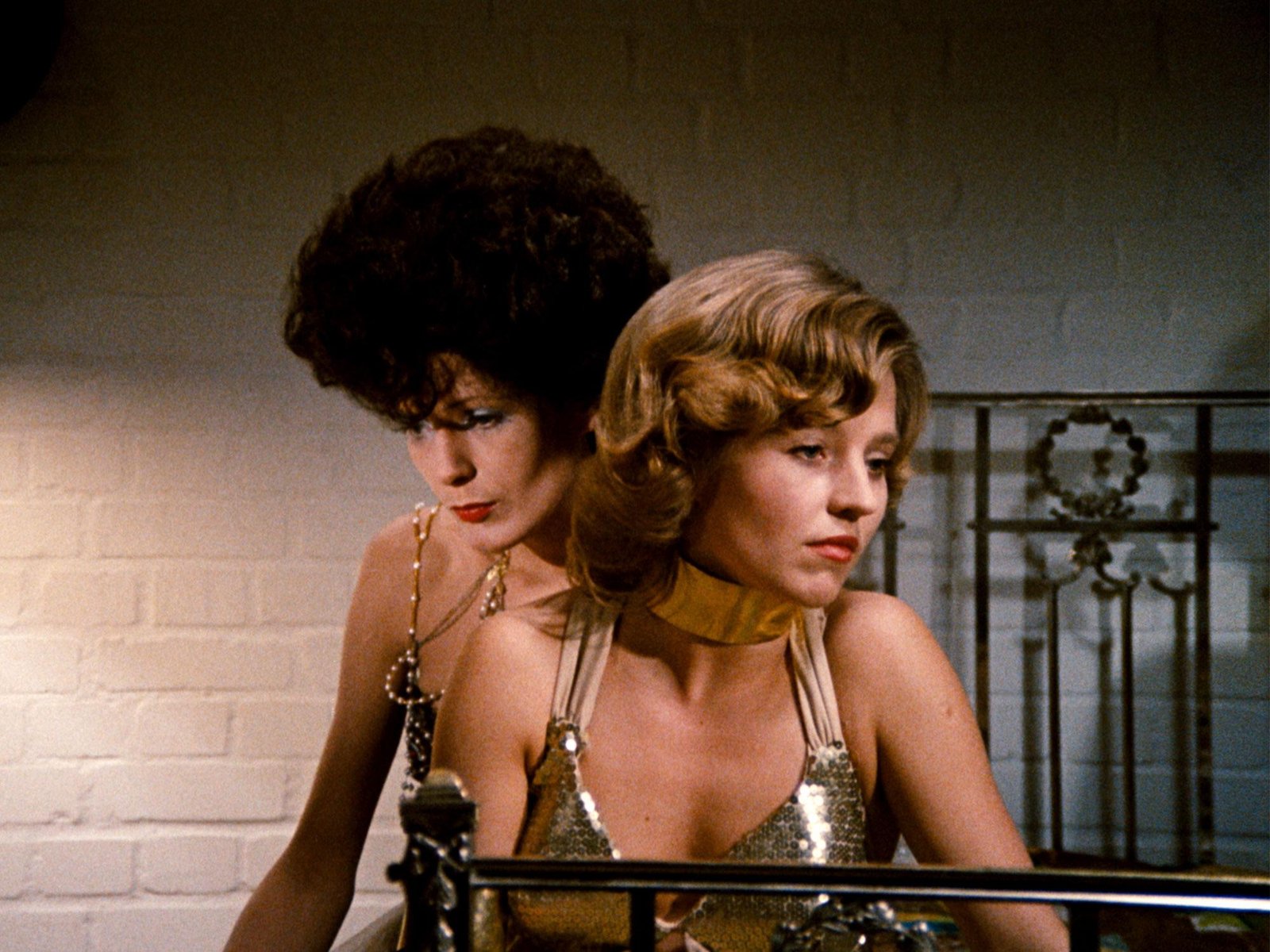
Fassbinder’s collaborations with actors, including his muse, Hanna Schygulla
Rainer Werner Fassbinder is known for his collaborations with actors, particularly his muse, Hanna Schygulla. Schygulla appeared in many of Fassbinder’s films, including “The Marriage of Maria Braun” and “Lili Marleen.” Fassbinder had a keen eye for casting and was able to bring out the best in his actors, often using them repeatedly in his films. Schygulla’s performances in Fassbinder’s films were praised for their depth and complexity, and the two had a strong creative bond that helped shape their work together. Fassbinder’s ability to collaborate with actors and draw out their best performances was a key factor in the success of his filmography.
Fassbinder’s use of mise-en-scene and cinematography to convey his messages
Rainer Werner Fassbinder was a master of using mise-en-scene and cinematography to convey his messages on screen. He was known for his use of stark and minimalist set designs, which allowed his actors to shine and his themes to hit home. Fassbinder’s use of low angles, tight close-ups, and long takes added an urgency and intimacy to his films that left audiences feeling deeply connected to his characters. Whether he was exploring themes of love, power, or social injustice, Fassbinder’s use of the camera and the sets he created were always in service of his greater message.
Controversies surrounding Fassbinder, including his personal life and political stances
While celebrated for his innovative and provocative films, Rainer Werner Fassbinder’s personal life and political stances have been a subject of controversy. Fassbinder had tumultuous relationships with both men and women and was known for his excessive drug use. Additionally, his political views were often considered divisive, with some critics accusing him of being sympathetic to far-left ideologies. Despite the controversies surrounding him, Fassbinder’s contributions to cinema cannot be denied, with his filmography being a testament to his talent and creativity.
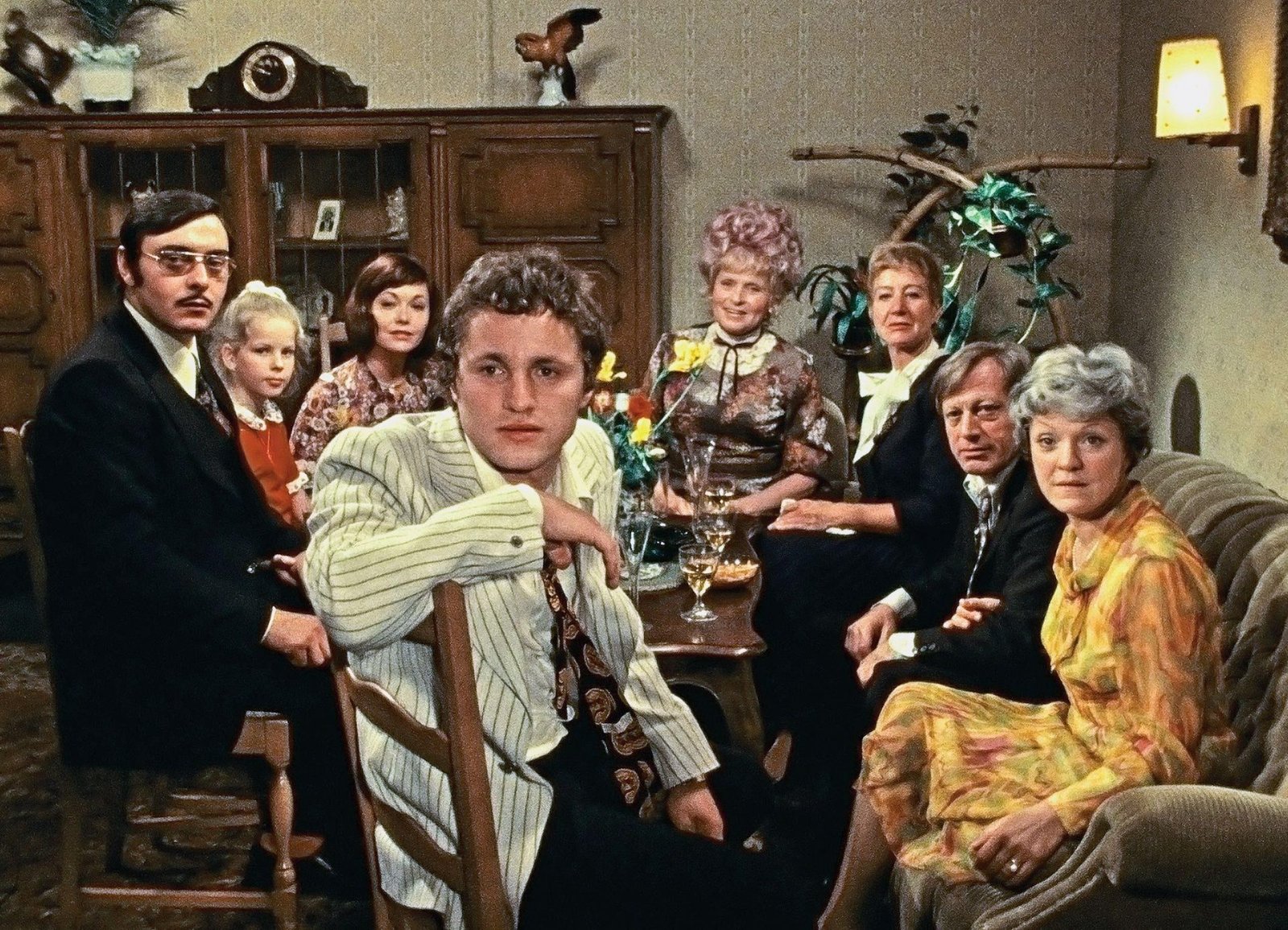
Fassbinder’s influence on contemporary filmmakers and his lasting legacy in film history
Rainer Werner Fassbinder was a revolutionary filmmaker whose influence can still be felt in contemporary cinema. Fassbinder’s filmography, which consists of more than 40 films made during a short 13-year career, was marked by his unique perspective on society, politics, and human relationships. His films tackled taboo subjects such as homosexuality, prostitution, and domestic abuse with a brutal honesty that was both shocking and captivating. Fassbinder’s use of non-linear narratives, fragmented storytelling, and his unconventional editing techniques have inspired a generation of filmmakers. His lasting legacy in film history lies in his ability to capture the human condition in all its complexities and contradictions.
Analysis of specific films, such as The Marriage of Maria Braun and Ali
When analyzing the filmography of Rainer Werner Fassbinder, two films that stand out are The Marriage of Maria Braun and Ali. The Marriage of Maria Braun is a story about a woman’s struggle to survive and thrive in post-World War II Germany. Fassbinder’s use of dark humor and vivid visual imagery makes this film a masterpiece of German cinema. Ali, on the other hand, is a powerful commentary on the immigrant experience in Germany. Fassbinder’s use of non-professional actors and his intense focus on the characters’ emotional journeys make this film a must-watch for any serious film enthusiast. Overall, both films showcase Fassbinder’s ability to tell complex and nuanced stories through his unique filmmaking style.
Discussion of Fassbinder’s television work, including his controversial series, Berlin Alexanderplatz
Rainer Werner Fassbinder’s remarkable filmography includes several highly acclaimed films, but his television work is equally noteworthy. His controversial series, Berlin Alexanderplatz, is a masterpiece of German television, and at 15 and a half hours, it remains one of the longest narratives ever produced for television. Its themes of poverty, crime, and redemption in the gritty streets of Berlin make it a deeply moving and thought-provoking work. Fassbinder’s television work, including Berlin Alexanderplatz, is a testament to his keen eye for social commentary and his innovative approach to storytelling through the medium of television.
Conclusion on Fassbinder’s significance in cinema, both as a filmmaker and cultural figure
In conclusion, Rainer Werner Fassbinder’s significance in cinema goes beyond his impressive filmography. He was a cultural figure who pushed boundaries and challenged societal norms through his provocative and daring films. Fassbinder’s unique style, use of active voice, and focus on character development paved the way for a new wave of German cinema, inspiring generations of filmmakers to come. His legacy continues to be celebrated and analyzed by cinephiles and critics alike, cementing his place as one of the most influential filmmakers in history.
For more information about Rainer Werner Fassbinder filmography, including movie details, cast information, etc..
check out the filmaffinity page.

